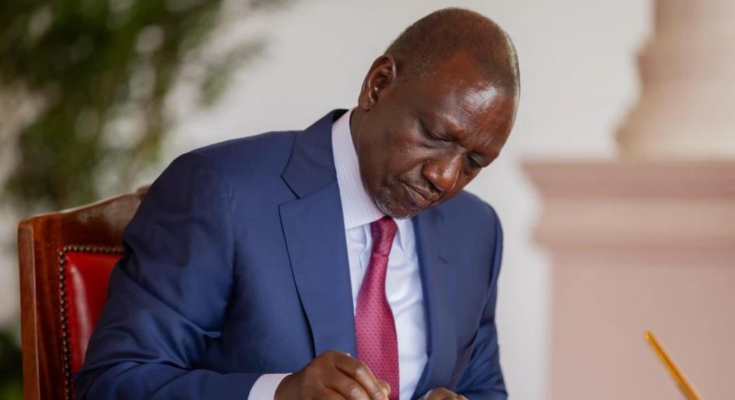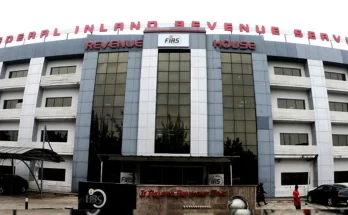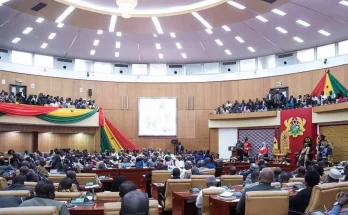Kenya Enacts New Tax and Spending Laws to Fund 2025/26 Budget Priorities. President William Ruto has recently signed three critical fiscal bills into law: the Finance Bill 2025, the Appropriation Bill 2025, and the Supplementary Appropriation (No. 3) Bill 2025.
The bill signed on Wednesday 25th of June 2025 introduces significant tax reforms and unlocks KSh 1.88 trillion for government operations in the forthcoming financial year.
Kenya Enacts New Tax and Spending Laws to Fund 2025/26 Budget Priorities
Tax Reforms Target Revenue Expansion and Equity
The newly enacted Finance Act amends six major tax laws—spanning Income Tax, VAT, and Excise Duty legislation—aiming to broaden the tax base while offering targeted relief to residents.
Notable changes include:
- Automatic tax reliefs for employees, reducing payroll burdens.
- Tax exemption for pension-related gratuities, protecting retirees.
- Capital gains tax cut from 15 % to 5 % for qualifying investments under the Nairobi International Financial Centre Authority framework.
The Act also revamps digital asset taxation: eliminating the flat Digital Assets Tax and introducing a 5 % excise duty on platform fees, widening to a 10 % excise on virtual asset services.
To ensure fair play, digital services from non-residents now fall under VAT. Betting platforms face taxation on player withdrawals, with revenues earmarked for local investment in innovation.
Revised VAT and Excise Provisions
The amendments to VAT have eased costs on essential goods: mosquito repellents and packaging for tea, coffee, and local machinery are now exempt— supporting both public health and domestic production.
Excise duties received updates as well:
- 5 % duty introduced on deposits into betting, lottery, and gaming wallets.
- Exemptions granted to licensed micro-distillers to stimulate local manufacturing without costly compliance burdens.
Nigeria: Tinubu to Sign Four Tax Bills into Law Today, June 26, 2025
Appropriation Act: KSh 1.88 Trillion Budget Shared
The Appropriation Bill authorises disbursement of KSh 1.88 trillion from the Consolidated Fund, alongside access to KSh 672 billion in centres-generated revenue. Of these allocations:
- KSh 1.81 trillion is earmarked for recurrent expenditure, and
- KSh 744.5 billion is devoted to development projects.
Sector allocations include:
- Agriculture: KSh 47.6 billion for fertiliser subsidies, coffee-sector support, and blue economy schemes.
- Industrial policy: KSh 18 billion towards agro-industrial parks, textile Special Economic Zones, and MSME support.
- Health: KSh 133.4 billion for HIV, malaria & TB programs, universal health care, cancer centres, plus KSh 13.1 billion for primary care funding.
- Education: KSh 658.4 billion allocated for free education, teacher recruitment, scholarships, and feeding schemes.
- Infrastructure: KSh 217.3 billion for road networks, KSh 38.6 billion for rail/transport, KSh 62.8 billion for clean energy, and KSh 12.7 billion for digital infrastructure.
Supplementary Budget: Responding to Emerging Needs
The Supplementary Appropriation (No. 3) Bill, tabled last week, adjusts FY 2024/25 spending downward by 0.5% versus earlier estimates. Yet Treasury Cabinet Secretary John Mbadi noted that evolving demands—such as salary overruns and security requirements—necessitated additional funding.
“Included in the Financial Year Supplementary Estimates No. III is additional expenditure to cater for salaries shortfall, security-related interventions, among other priorities,” said Mbadi.
What This Means for Tax Professionals
Tax practitioners should be alert to several shifts:
- Payroll systems will require updates to accommodate automatic reliefs.
- Retirement planning tools should adjust for pension gratuity exemptions.
- VAT and excise duty systems need calibration to reflect changes on digital services, micro-distillers, and gambling platforms.
These reforms signal a broader policy shift toward tax modernization, inclusivity, and greater alignment with Kenya’s Bottom-Up Economic Transformation Agenda.
Conclusion: A Tax-Driven Blueprint for Growth
Kenya’s 2025 Finance and Appropriations Bills mark a pivotal moment in fiscal reform—emphasizing strategic tax policy, revenue expansion, and social-sector investment.
With these laws now in force, tax professionals, corporate accountants, and public stakeholders must stay informed about implementation timelines and compliance protocols to leverage these changes effectively—and ensure alignment with Kenya’s broader economic goals.




